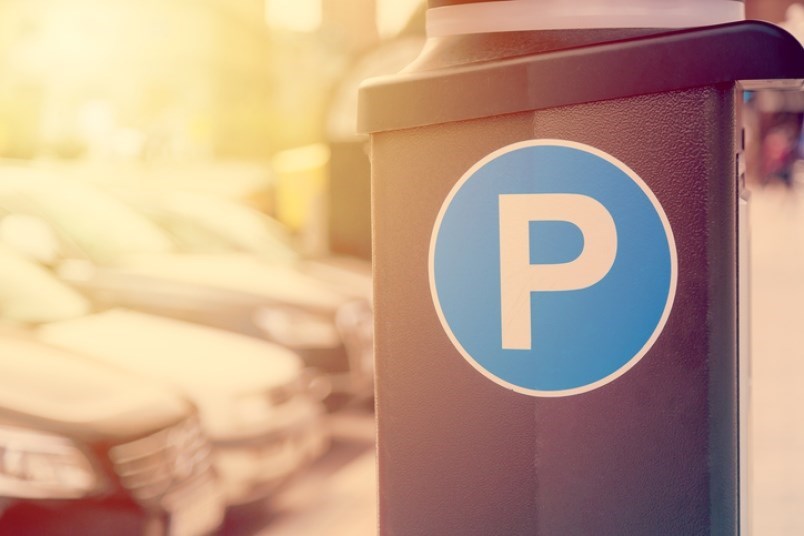New West council is interested in finding ways to engage more businesses in the budget process.
In the leadup to development of the 2025 budget, the city hired Ipsos to survey residents and businesses.
Catherine Knaus, director at Ipsos, said a survey was sent out to 10,000 randomly selected households, and residents who were not selected were also able to complete the survey. In addition, she said an invitation to complete the survey was sent out to all businesses on file in New Westminster.
“We mailed a total of 1,780 service survey invitations, and we got 28 surveys completed back,” she said of businesses. “So that's a smaller sample size. We can't draw any statistical, meaningful conclusions from it. It provides directional insights into the opinions of businesses but shouldn't be considered as representative of the business community.”
Knaus said businesses provided “positive” responses to questions about the city’s quality of life, their satisfaction with services, and the value for money.
“However, like residents, many feel the quality of life has worsened over the past three years, and perceptions of the city's performance on council’s five strategic priorities are mixed,” she said.
Knaus said the city services that scored lower among business respondents were road maintenance, active transportation, connecting vulnerable residents to services and supports, traffic calming and traffic management, and economic development.
“Like residents, businesses prefer tax increases over service reductions,” she said. “But again, it's about tax increases in line with inflation to sustain current service levels.”
Among businesses who responded to the survey, Knaus said support for revenue-generating ideas varies.
“Again, it's highest for advertising in the city’s facilities,” she said. “Here, we're seeing less support for higher permit licensing and inspection fees, as well as more parking meters or higher parking rates.”
According to Knaus, most of the businesses participating in the survey said they would support the city borrowing funds to deal with the backlog of capital, replacement and upgrade projects on a more frequent basis. (Among residents, 43 per cent supported and 49 per cent opposed borrowing funds for those sorts of initiatives.)
One of the survey questions related to the property taxes collected from New Westminster residents and businesses.
“Currently, residents pay 65 per cent of the city’s property taxes, businesses pay 30 per cent of the city’s property taxes, and the remainder is from other property classes,” said the survey. “If a review finds that businesses in New Westminster pay a higher or lower percentage of the property tax levy compared to businesses in neighbouring municipalities, would you support or oppose the city adjusting the property tax allocation between residents and businesses?”
- Support strongly – 21 per cent
- Support somewhat – 46 per cent
- Oppose somewhat – 13 per cent
- Oppose strongly – seven per cent
- Don’t know – 13 per cent
“Sixty-seven per cent of residents say this is something they would support – 21 per cent strongly support, 46 per cent somewhat support,” Knaus said. “Keep in mind there was no dollar amount associated with this, so once we add in those dollar amounts, we might see these numbers change. But, generally speaking, this is something residents would support.”
Knaus noted that half of the 28 business respondents stated they would support adjusting the property tax allocation between residents and businesses, depending on the results of that review.
Coun. Jaimie McEvoy said he was surprised that only half of the businesses supported a reallocation of property tax.
“We need to keep in mind that that's based on a very small sample size,” Knaus replied. “It's 28 businesses, so you can't say it's representative. But of those participating in the survey, that was the finding.”
Coun. Ruby Campbell said she was challenged that only 28 businesses participated, noting that information was shared at the city's arts, culture, economic development advisory committee (which includes representatives from the business community) and was promoted by the New Westminster Chamber of Commerce and the Downtown New West BIA. She asked if Ipsos had any recommendations on how the city could improve that engagement.
“Businesses are a more difficult audience to reach in general,” Knaus replied. “One recommendation would be conducting follow-up phone calls with anyone who hasn't participated in the survey within a predetermined amount of time. Businesses might brush off an online survey, but if we get them on the phone, they might just agree to take the 15 minutes to participate that way. So that would be my main suggestion to try to encourage businesses.”
Knaus also suggested leaving a little bit more time for the data collection as well.
“Businesses do tend to have very busy schedules, so if we can give them more time to complete it and more reminders to complete it, that might help as well,” she said.
Coun. Daniel Fontaine said he is also concerned about the low number of businesses who completed the survey.
“It’s just more of a commentary: I think a lot of businesses have given up,” he said. “They just don't give feedback anymore to council, unfortunately, because for too many years, they have not felt, at least that's what they're expressing to me, that when they give that feedback, it's not being translated into activities at city hall.”


